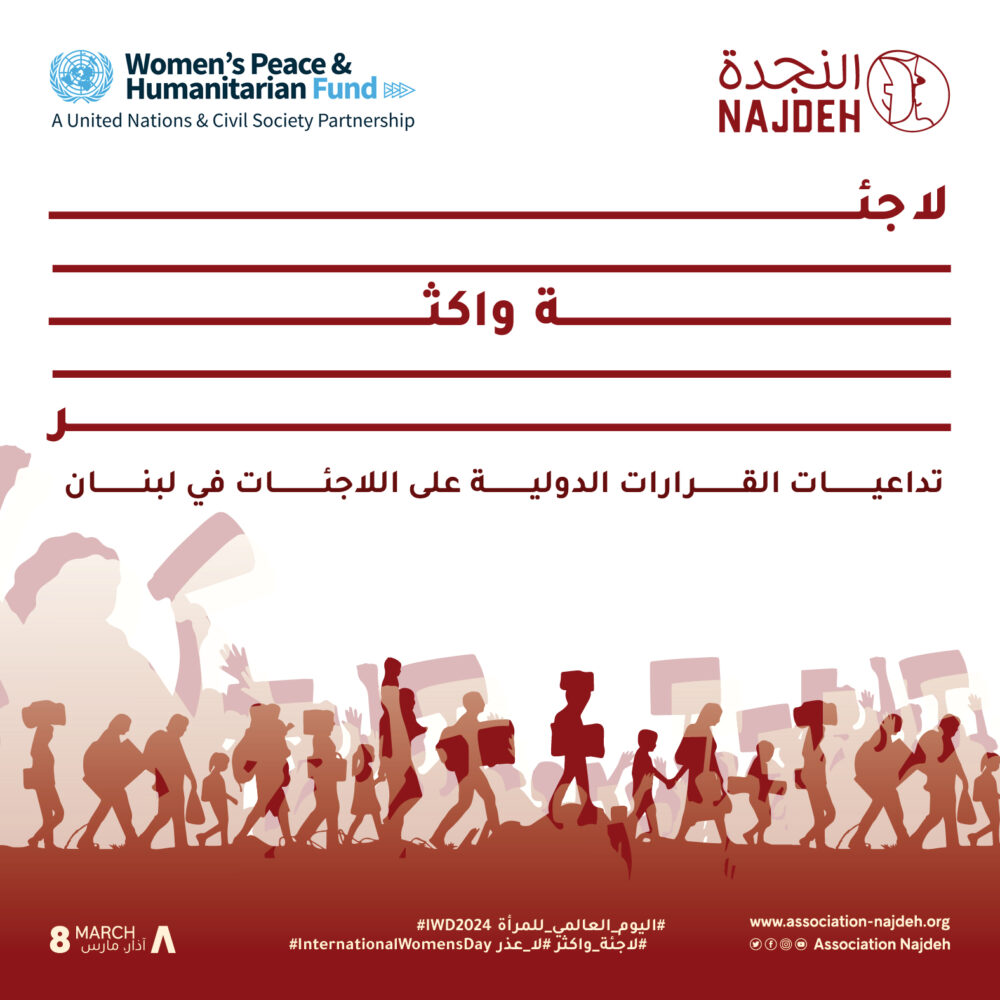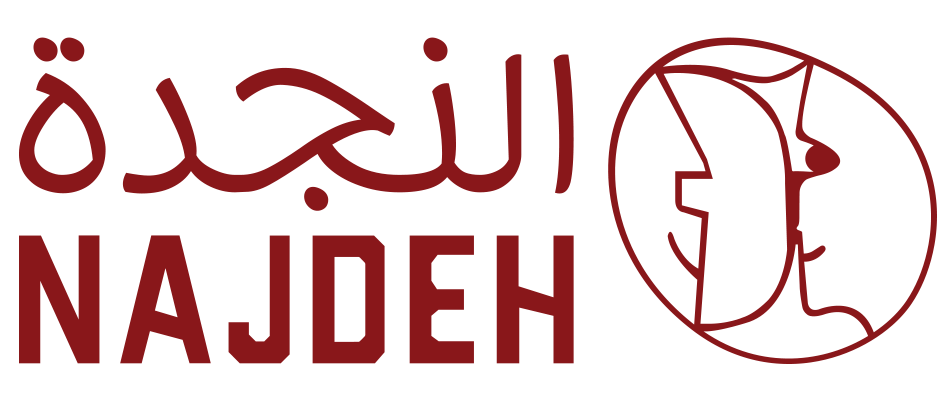
International Women’s Day: A Day to Celebrate Women’s Struggles or a Violation of the Right to Life for Palestinian Women and Girls?
07/03/2024
Just days before International Women’s Day, several UN experts, who are part of the Special Procedures of the Human Rights Council, the highest body of independent experts in the UN human rights system, expressed concern over the blatant human rights violations faced by Palestinian women and girls in Gaza and the West Bank. The report highlighted violations such as arbitrary executions, often with family members including children, the arbitrary detention of hundreds of Palestinian women and girls, including human rights defenders, journalists, and humanitarian workers, inhumane and degrading treatment, denial of menstrual hygiene products, food and medicine, severe beatings, and detention in cages under rain and cold without food. It also mentioned multiple forms of sexual assault, such as being stripped and searched by male Israeli soldiers, threats of rape, and the humiliating photographing and online dissemination of images of detainees by Israeli soldiers.
Simultaneously, sixteen countries have suspended or stopped funding the United Nations Relief and Works Agency for Palestine Refugees in the Near East (UNRWA), the largest provider of services to Palestinian refugees, particularly in health and education. This funding suspension means that Palestinian refugees in Lebanon and other UNRWA operational areas are deprived of access to education and healthcare services, which constitutes a severe violation of the right to a dignified life for Palestinian women and girls. It also threatens the human and social security of millions of families, potentially increasing domestic violence and gender-based violence, changing social roles, and placing additional burdens on women and girls. Host countries cannot bear the burden of providing services to Palestinian refugees amid economic crises and conflicts, further threatening social peace and security.
Therefore, international institutions, from the United Nations to human rights organisations and agencies for women’s and girls’ rights, are called upon to apply consistent and non-discriminatory standards to Palestinian women and girls. These institutions should hold accountable the states and entities, particularly Israel and those that have ceased funding UNRWA, for their continuous violations of the rights of Palestinian women and girls. They should also resume support for UNRWA, freeze cooperation agreements, halt arms supply to Israel, and enforce international legal decisions ensuring the right to life and self-determination for the Palestinian people and women. This includes their right to return to their homes and properties from which they were displaced in 1948, according to Resolution 194, and their right to full citizenship in an independent Palestinian state on the territories occupied in June 1967, with Jerusalem as its capital.
Refugee and More: The Impact of International Decisions on Refugee Women in Lebanon
